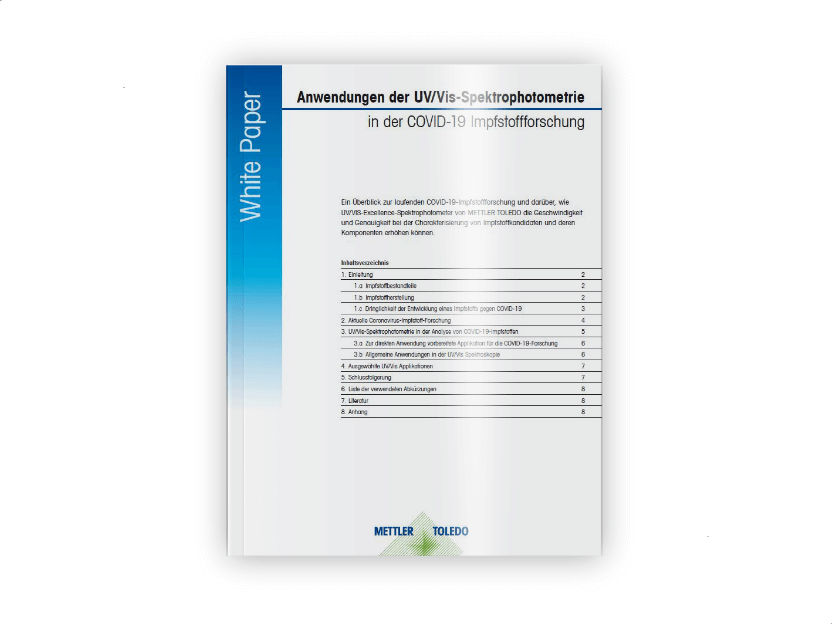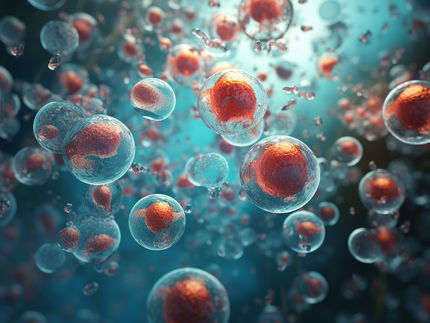How an essential methane catalyst is made
New ways to convert carbon dioxide (CO2) into methane gas for energy use are a step closer after scientists discovered how bacteria make a component that facilitates the process.
Recycling CO2 into energy has immense potential for making these emissions useful rather than a major factor in global warming. However, because the bacteria that can convert CO2 into methane, methanogens, are notoriously difficult to grow, their use in gas production remains limited.
This challenge inspired a team of scientists led by Professor Martin Warren, of the University of Kent's School of Biosciences, to investigate how a key molecule, coenzyme F430, is made in these bacteria.
Although F430 - the catalyst for the production process - is structurally very similar to the red pigment found in red blood cells (haem) and the green pigment found in plants (chlorophyll), the properties of this bright yellow coenzyme allow methanogenic bacteria to breathe in carbon dioxide and exhale methane.
By understanding how essential components of the process of biological methane production, methanogenesis, such as coenzyme F430 are made scientists are one step closer to being able to engineer a more effective and obliging methane-producing bacterium.
Original publication
Simon J. Moore, Sven T. Sowa, Christopher Schuchardt, Evelyne Deery, Andrew D. Lawrence, José Vazquez Ramos, Susan Billig, Claudia Birkemeyer, Peter T. Chivers, Mark J. Howard, Stephen E. J. Rigby, Gunhild Layer & Martin J. Warren; "Elucidation of the biosynthesis of the methane catalyst coenzyme F430";
Most read news
Original publication
Simon J. Moore, Sven T. Sowa, Christopher Schuchardt, Evelyne Deery, Andrew D. Lawrence, José Vazquez Ramos, Susan Billig, Claudia Birkemeyer, Peter T. Chivers, Mark J. Howard, Stephen E. J. Rigby, Gunhild Layer & Martin J. Warren; "Elucidation of the biosynthesis of the methane catalyst coenzyme F430";
Topics
Organizations
Other news from the department science

Get the life science industry in your inbox
By submitting this form you agree that LUMITOS AG will send you the newsletter(s) selected above by email. Your data will not be passed on to third parties. Your data will be stored and processed in accordance with our data protection regulations. LUMITOS may contact you by email for the purpose of advertising or market and opinion surveys. You can revoke your consent at any time without giving reasons to LUMITOS AG, Ernst-Augustin-Str. 2, 12489 Berlin, Germany or by e-mail at revoke@lumitos.com with effect for the future. In addition, each email contains a link to unsubscribe from the corresponding newsletter.
Most read news
More news from our other portals
Last viewed contents
Sex_organ
Spanish_fly
Category:Plant_physiology
Beefalo
Quantum mechanics explains efficiency of photosynthesis
HHV_Infected_Cell_Polypeptide_0_(ICP0)



















































